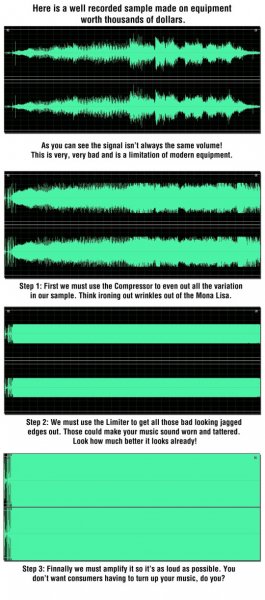The qualities of a system I look for is that they don't get in the way of the music - I have zero interest in the speakers sounding like "something special", I want them to be invisible, pure and simple. And these two examples do that - they stop me focusing on the speakers, and the system - it's the music that is centre stage.
This is what the believability illusion is about - that the bits used for achieving it become totally irrelevant, they're merely a means to an end ...
As an example of YouTube being able to convey how a system is able to get many things in the sound to jell, I would submit this, https://www.youtube.com/watch?v=JzO_zRP6FWg (suggest using 720p setting)
I nominated the Tune Audio room as my second best sound at the show this year. See my report on Positive Feedback.
That said I think the Aries Cerat room from 2014 is even better. I was in both rooms multiple times and I am even in the room in 2014 when the video clip on YouTube was shot !!







